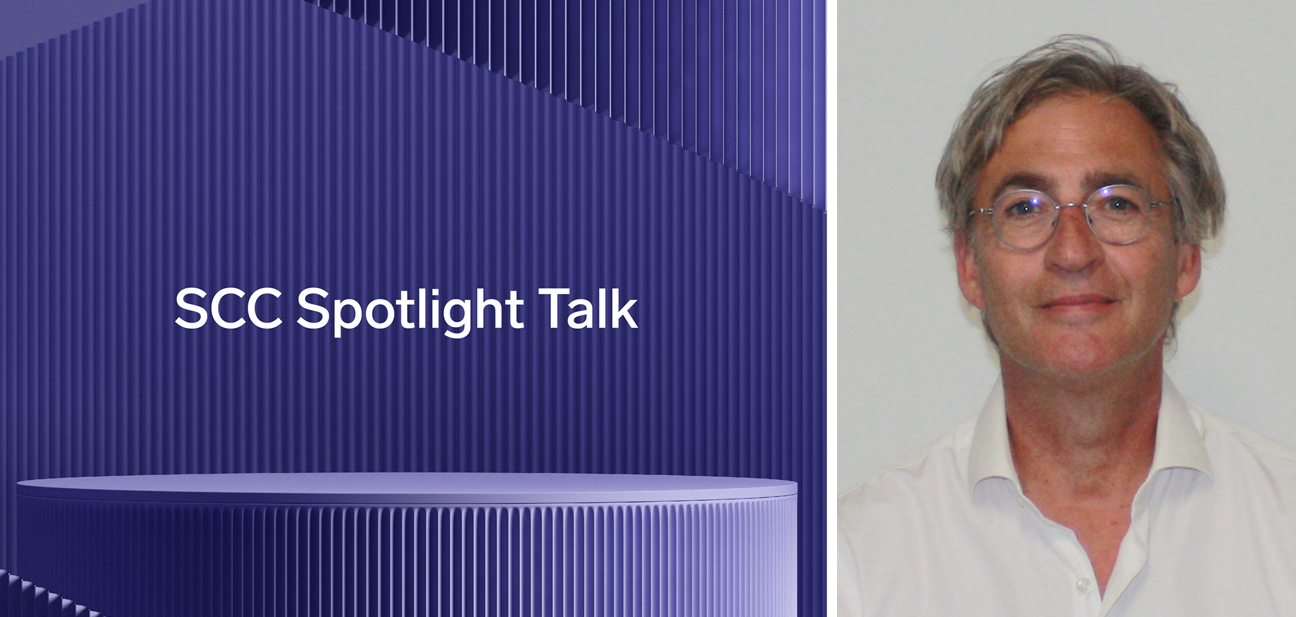SCC Spotlight Talk: Negotiating contracts and dispute resolution clauses in the renewables sector
As a part of the interview series – The SCC Spotlight Talk – Jurriaan Kien, Legal Director New Energies & Services at SBM Offshores and international arbitrator talks about contracts and disputes in the renewables sector and what role alternative dispute resolution methods can play in this industry.
Published 2023-09-25

Jurriaan, you are an experienced in-house lawyer in the renewables sector. Could you give us a brief overview of the nature of renewable energy disputes which commonly arise?
For renewable projects, it is important to know that disputes may arise as early as in the permitting stage (for example challenges by environmental organizations and grid connection issues). They are generally not arbitrable and will be handled by state courts. These types of disputes may lead to delays in the projects and often negatively impact the relationship between developers and suppliers.
Arbitrable disputes may arise as early as under joint development agreements and joint ventures between developers but are rather rare.
Most arbitrable disputes are seen between developers and suppliers in the building phase, or thereafter during the warranty period.
Many disputes come from the inevitable tension between (i) developers and their project funders seeking to pass execution risks to the supply chain in order to achieve financial viability and bankability of their projects and (ii) contractors seeking to limit their exposure to such risks.
Also, events related to unexpected situations like Covid-19, the war in Ukraine, galloping inflation, and problems in the supply chain have lately made it difficult for contractors to make profit in these projects. It is clear that contractors and suppliers have recently started to push back on risks that they were ready to accept a few years ago.
As a consequence, one can typically expect disputes related to Force Majeure, hardship, supply chain disruption, reliance upon information, delay, and performance / defects. All these concepts are as old as the Via Appia, but as the world evolves and new and unforeseeable risks continue to pop up the way to allocate such new risks will always be decided on a case-by-case basis.
Finally, parties also may run into Investment Disputes under bilateral investment treaties (BITs) or the Energy Charter Treaty at the final stage of a renewable project. This could be the case if investors consider that they are expropriated by the host state without compensation or have not received a fair and equitable treatment. This may be argued if the host state radically changes its legislation or frustrates the legitimate expectations of investors, for example by unilaterally changing the key conditions of key contracts. Such disputes may also end up in arbitration, for example at the SCC.
Your current role focuses on offshore floating wind projects. In your experience, what are some of the things to note when drafting and negotiating contracts in this area?
Offshore wind contracts (both floating and fixed-bottom) are generally based on the FIDIC yellow book 1999. However, developers substantially modify them to better fit floating wind and to shift certain risks toward the supply chain. I believe that it would be better to have a (bankable) standard agreed upon by stakeholders from both sides for these contracts, but initiatives in this area have not been successful so far.
The purpose of any negotiation in a construction contract should be to ensure that the risks are born by the party best positioned to manage and mitigate them. And risks need to be set off against contingencies. For the industry, a balanced risk allocation will increase the chances of success. A strong and profitable supply chain is necessary to build all offshore wind projects in the upcoming years.
We have earlier in September 2023 read in media about the failed offshore wind auction in the UK. Why do you think it failed? What can we learn?
One can read in many newspapers that the auction failed primarily because the government did not promise a high enough maximum unit price for electricity. That may be true. But I believe that the industry is also partly to blame. Many developers have been able to convince suppliers to deliver projects at a low price and on developer friendly terms. The suppliers were probably too hungry for the project. Recently many of them have suffered heavy losses and now they are pushing back.
I expect that in the near future, for the industry to become successful, all key stakeholders will attempt to find the best possible risk-balance, that allows all key players a fair chance of making some money.
The SCC has recently introduced the SCC Express whereby the parties can refer their dispute to the SCC for a neutral legal expert to give an opinion on the merits of the case within three weeks for a fixed fee. From your perspective, what role can such a dispute resolution methods have for renewable energy disputes?
Alternative dispute resolution methods are very important. Not only because they are often quicker and much cheaper than a full arbitration, but also because the barrier to follow the alternative route is much lower. Alternative dispute resolution methods may also help the parties to continue their long-term relationship within an industry where they are likely to meet again on other projects. If the parties cannot find common ground at management level or with the help of a mediator, a quick reasoned decision by a DAB or through the SCC Express will most of the time avoid any further escalation to arbitration.
A final question:Do you have any thoughts on dispute resolution clauses?
“Less is more”. The model arbitration clauses proposed by the institutions like the SCC are good and most attempts by legal counsel to improve them are in fact creating uncertainty and adding risk.